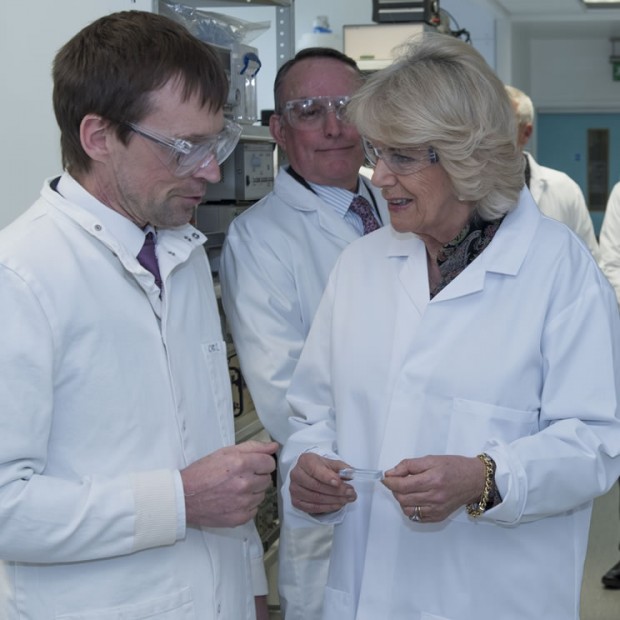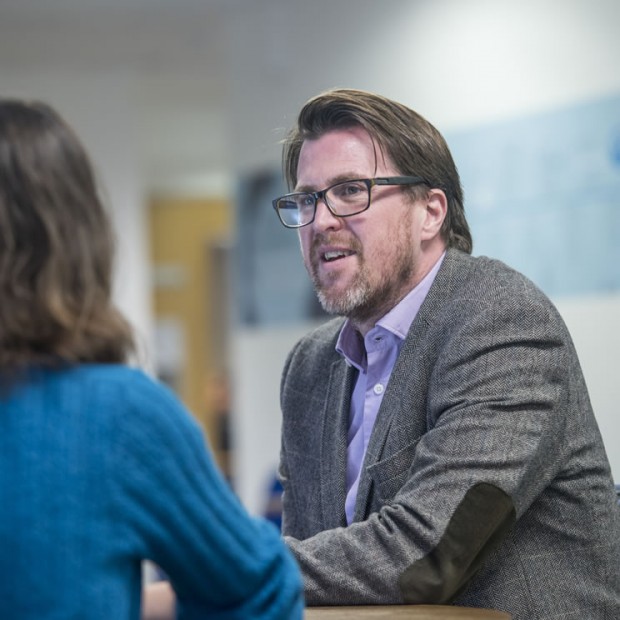Health researchers from the University of Southampton will play a key role in the UK Biobank imaging project, which will scan the brain, heart, bones, carotid arteries and abdominal fat of 100,000 middle to older age people.
The ambitious £40m project, funded by the Medical Research Council, Wellcome Trust and the British Heart Foundation, will provide new perspectives on the best way to prevent and treat multi-faceted conditions which tend to occur in later life, such as osteoporosis, Alzheimer’s disease, arthritis, cancer and coronary heart disease. Leading the musculoskeletal component of the study is Nicholas Harvey, Professor of Rheumatology and Clinical Epidemiology at the University’s Medical Research Council (MRC) Lifecourse Epidemiology Unit (LEU). Professor Harvey, and Professor Cyrus Cooper, Director of the MRC LEU, co-authored the musculoskeletal component of the study and have been crucial in establishing the huge project. Nicholas hopes the study will help to prevent the enormous burden of broken bones caused by osteoporosis, a significant public health issue which costs the UK economy almost £4bn a year. He says: “It is critically important that we find new ways to prevent and treat this devastating condition. The UK Biobank imaging study will provide much needed opportunities for crucial future research.” The 100,000 participants of the new imaging study will be recruited from the 500,000 adults who took part in the original UK Biobank assessment, in which extensive information about health and disease, linked to national health records, is complemented by a range of body measurements, clinical assessments, biological samples and genetic data, creating a world-leading resource. Professor Cooper says:This successful bid for the UK Biobank Imaging Enhancement illustrates the importance for the University and the MRC LEU in our ongoing contribution to the leadership of this large, state-of-the-art, multidisciplinary investigation as part of an internationally leading UK Biobank study.



